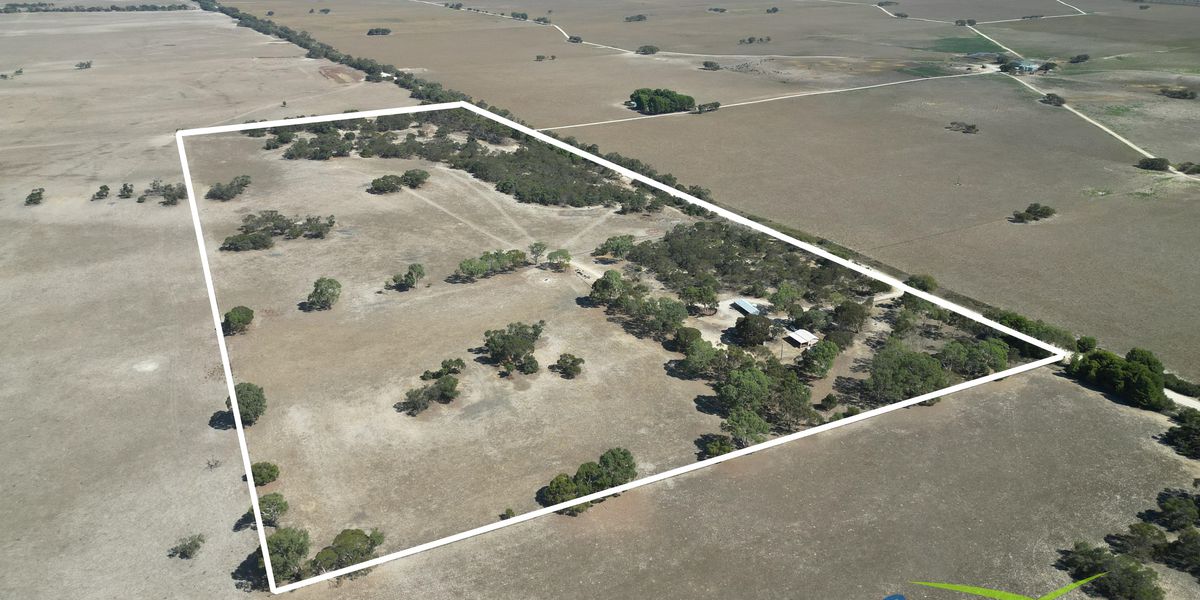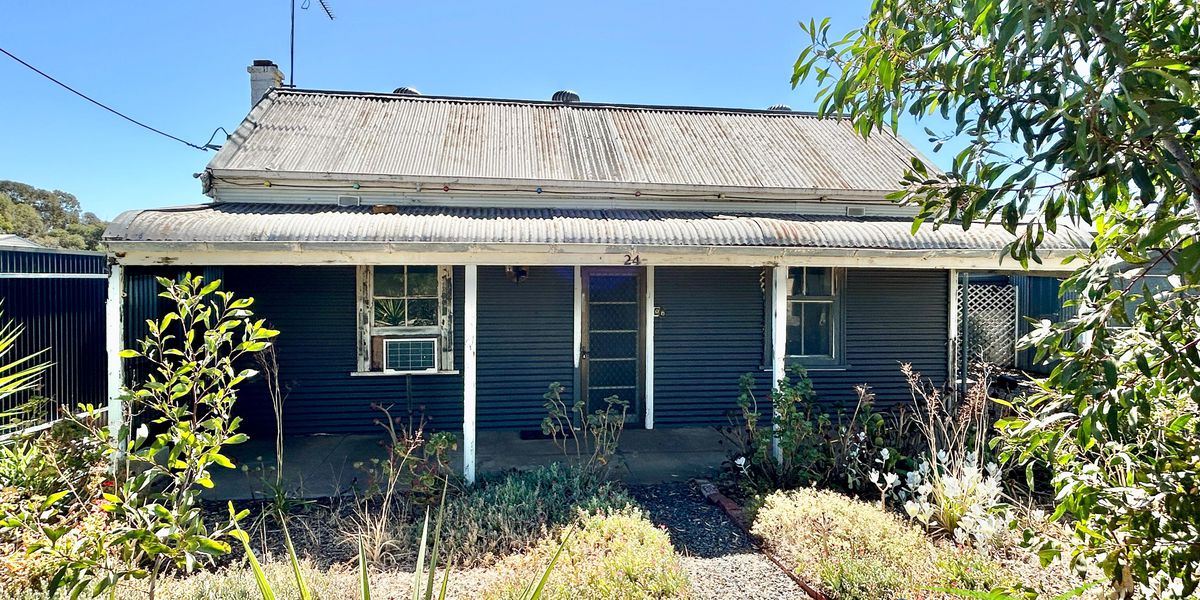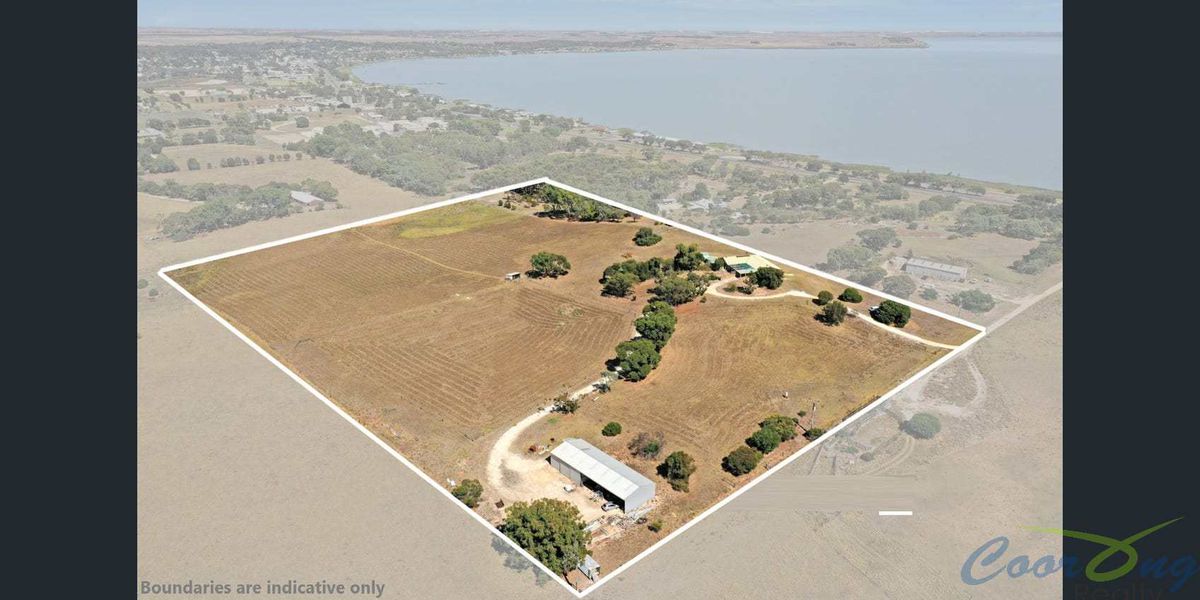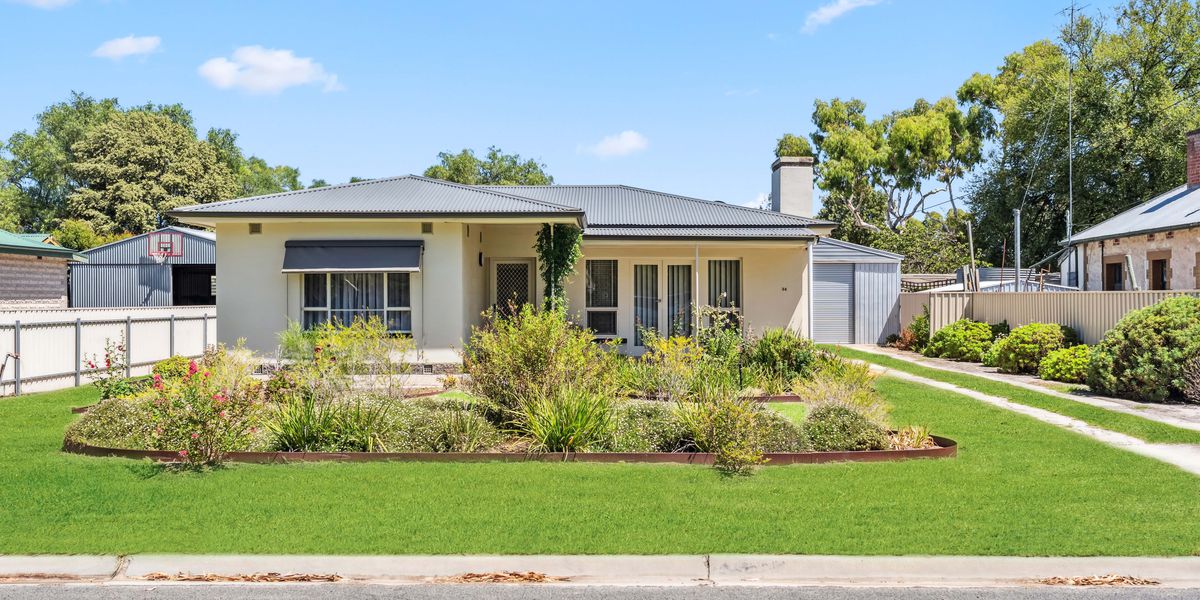Investors / New Landlords Mini Bible
Investing in the real estate market can be a very daunting time, especially with recent interest rate increases and lots of legislation and compliance to consider.
The property management and sales departments at Coorong Realty have come together to create a mini bible that you can follow to take some of that pressure off you.
Our mini-investors bible will include a snapshot of the following:
· Getting the property ready to rent
· Types of leases
· Inspection/Condition reports
· Bonds
· Tax and depreciation
· Landlord insurance
· Choosing a Property Manager
If you would like detailed information about the above AND SO MUCH MORE, please do not hesitate to contact Coorong Realty. The team are always happy to chat and clarify any questions you may have.
Getting the property ready to rent
Getting the investment property ready to rent out can be challenging.
Here are some tips you might like to consider while getting organised.
1. If it’s broke, fix it.
This includes anything small that you have grown used to while living in it. For example, mouldy bathroom grout/walls, leaking washers/taps, broken tiles/chipped paint, or holes in walls etc.
Fixing these small problems now will help avoid bigger problems in the future.
2. Deep Clean the entire property.
Setting the cleanliness and condition standard at a high benchmark is a good way to get your property back in the same condition. It also sets the expectations for the tenants.
Don’t just do the basics like you would do on your Sunday clean.
We are talking about a hardcore spring clean.
· Carpets, floors, curtains and blinds professionally cleaned is a fantastic option.
· Windows make a big difference when they are cleaned, especially professionally!
· Ensure all fly screens are cleaned on both inside and out.
· Benches, cupboards, sinks etc cleaned properly.
3. Don’t forget the outside!
It is very easy to forget about the outside of your property, but it is a very important aspect of getting your property ready for tenants.
Ensuring gutters are cleaned, lawns mowed, fence is in good condition is the perfect place to start. However, because you are getting ready to lease it out, you need to go the extra mile.
Are there any pests, insects or vermin you need to eradicate first.
Also, don’t forget about the garden!
Gardens can either make it or break it for some prospective tenants. First impressions count. It needs to be pruned and looking tip top, ideally making it low maintenance, neat and tidy.
Types of leases
Deciding what type of lease suits you best can be tricky, however the team at Coorong Realty are happy to help guide you in those big decisions.
The main two lease types are:
Fixed term agreements
Fixed term lease agreements are for a specific amount of time, generally 12 months and will include the date the tenancy ends.
It’s important to know that during a fixed term agreement, rent cannot be raised unless a condition is included in the agreement that allows for the increase, or by mutual agreement to the increase by both the tenant and landlord.
A break lease fee may be incurred if the tenant moves out before end of lease date, however, a fixed lease can be vacated earlier if both the landlord and tenant mutually agree.
Notice to end fixed term lease.
The tenant and landlord must inform one another if they do not intend to provide, or alternatively seek, a lease extension. Currently, this is at least 28 days before the end date and a written notice must be given. This is just one of the jobs Coorong Realty can assist with.
Periodic agreements
Periodic lease agreements are a little different.
These don’t have a date the tenancy ends. They continue until either the tenant or the landlord gives the required written notice to end tenancy.
The tenant must give 21 days’ written notice or one month’s written notice if rent is paid monthly.
The landlord needs to give at least 90 days written notice for no specific reason. However, they can give 60 days’ notice if:
· The property owner wants to live at the property.
· Major renovations are needed.
· Demolition is planned.
· The property has been sold and the contract states it will be vacant.
If a 60-day notice is given, a landlord can’t enter into another tenancy agreement for 6 months, unless the South Australian Civil and Administrative Tribunal (SACAT) gives consent.
Inspection / Conditions reports
A condition Report (Inspection) should be completed by the property manager at the following times:
· Property Condition Report – Completed just prior to the commencement of tenancy, this report sets out the exact condition of the property prior to the tenant moving in and is required by legislation to form a valid lease agreement.
· Routine Inspections – At intervals throughout the term of tenancy generally 3-4 times per year but no more than once every 4 weeks after giving 7 -14 days written notice.
· Exit (outgoing) – At the end of tenancy.
Bonds
The Bond is a security deposit paid by the tenant and lodged with Consumer and Business Services (CBS) to cover the following at the end of the tenancy if necessary;
· Unpaid rent.
· Unpaid water supply charges.
· Repair costs for damage caused by the tenant.
· Cleaning costs.
· Cost of re-letting if the tenant or resident leaves before the end of lease.
Tax and Depreciation
Property depreciation is a legal tax deduction related to the ‘wear and tear’ of an investment property over time. A tax depreciation schedule outlines the deductions you may be entitled to claim each year of ownership. As with any tax deduction, claiming property depreciation reduces your taxable income. The amount the depreciation schedule states you can claim effectively reduces your taxable income and takes into account how much it costs you to own and maintain your investment property. This should be discussed with your accountant, as real estate agents cannot give financial advice.
Landlord Insurance
It is highly recommended that you arrange QUALITY building insurance for the property, and also contents insurance to cover the carpets, blinds, fittings, etc. If you already have building insurance you will need to notify your insurer that the property will now be rented, otherwise your cover may be voided.
You can also choose to get landlord protection insurance. This will cover you for events such as rent default, malicious damage to the property, tenants abandoning the property, the property being used for drug production, etc.
Choosing a Property Manager
Ensure your Property Manager is registered with Consumer and Business Services.
A good Agent has a thorough understanding of tenancy law.
Choose a local Property Manager who is up to date with the current market rent rates.
Local Agents have access to local trades for maintenance issues and often have a good trade rate. The relationship between Property Manager and Tradie is also beneficial, so any maintenance can be done in a timely and cost-efficient manner.
Ensure your Property Manager can market the property effectively to reduce vacancy rates.
When comparing fees, examine the services offered rather than just focusing on the rate. Ask your Property Manager for a complete list of services you will receive.
Choose a Property Manager who communicates well. Communication is the key between landlord and tenant. Often issues can be resolved very quickly with open and transparent communication to prevent the issue getting bigger.
Renting you property can be a legal minefield and it’s much more than collecting the rent. Legislation is there to protect all parties and can sometimes be overwhelming to decipher.
Our Property Solutions Managers at Coorong Realty are always keeping up with legislation and are registered as a requirement of the Act.







.png)